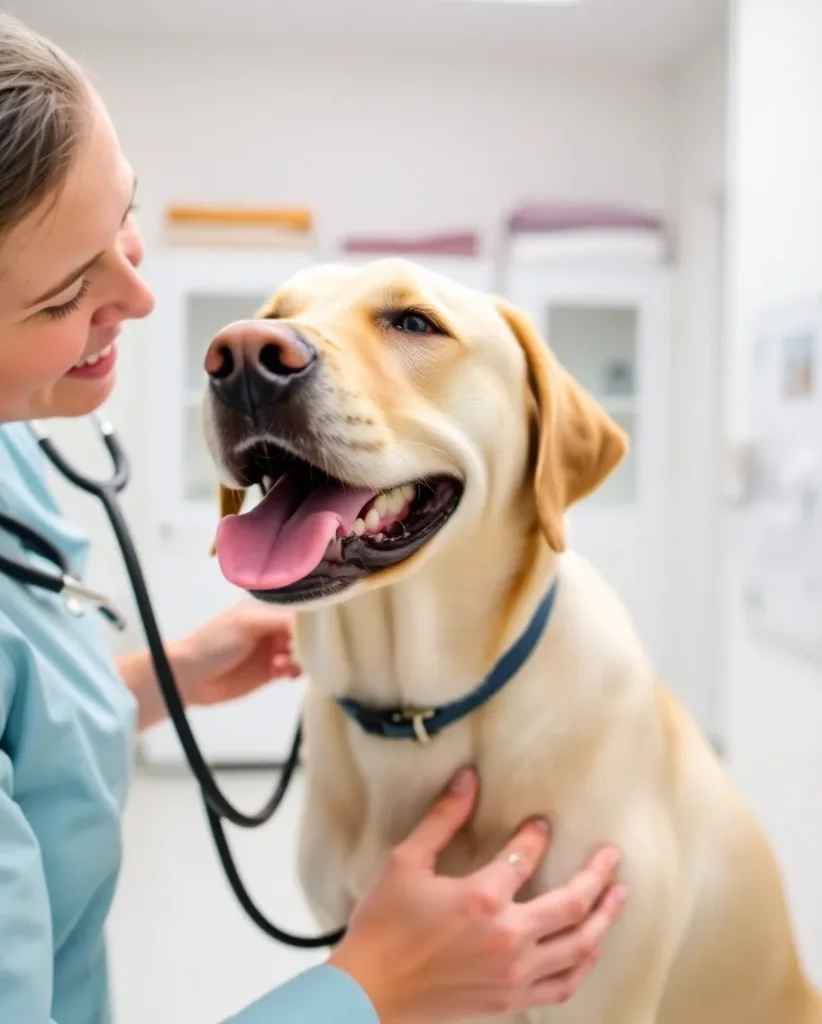Heartworm disease is a serious and potentially fatal condition that affects pets, particularly dogs. Caused by Dirofilaria immitis worms, this condition can lead to severe lung disease, heart failure, and other organ damage. Fortunately, understanding the lifecycle of heartworms and the available treatments can save your pet’s life. In this guide, we’ll explore everything you need to know about heartworm prevention, symptoms, treatment, and ongoing care.
What Is Heartworm Disease?
The Lifecycle of Heartworms
Heartworms are spread through the bite of infected mosquitoes. Once inside a pet’s bloodstream, heartworm larvae travel to the heart and lungs, where they grow into adult worms. The lifecycle includes:
- Larvae Development: Mosquitoes carry the larvae.
- Transmission: Larvae enter a new host via a bite.
- Maturation: Worms grow to adulthood in the heart and lungs.
Which Pets Are at Risk?
Dogs are the most common hosts, but cats and other animals can also be affected. Outdoor pets, or those in warm, mosquito-heavy regions, are at a higher risk.
Signs and Symptoms of Heartworm Disease
Early Symptoms
In the early stages, signs are subtle and may include:
- Mild coughing.
- Fatigue after moderate activity.
- Appetite loss.
Advanced Symptoms
As the condition progresses, symptoms become more severe:
- Persistent cough.
- Difficulty breathing.
- Swollen abdomen due to fluid buildup.
- Collapse or sudden death in extreme cases.
Importance of Early Detection
Detecting heartworm disease early can save your pet from severe complications. Regular vet checkups are essential.
Diagnosis of Heartworm Disease

Veterinary Testing Methods
To diagnose heartworm, veterinarians use:
- Antigen Testing: Detects heartworm proteins in the bloodstream.
- Microfilaria Test: Confirms the presence of larvae.
- Chest X-rays: Assess the impact on the heart and lungs.
When to Test Your Pet
Pets should be tested annually, especially in high-risk areas or before starting a new preventive treatment.
Preventing Heartworm Disease

Monthly Preventive Medications
Oral or topical heartworm preventives are highly effective. Common options include:
- Ivermectin-based tablets.
- Topical treatments like selamectin.
Environmental Controls
Reducing mosquito populations around your home can help protect your pet. Methods include:
- Removing standing water.
- Using pet-safe mosquito repellents.
Treating Heartworm Disease
Treatment Options for Infected Pets
Treatment is complex and requires veterinary care:
- Stabilization: Pets with severe symptoms may need hospitalization before treatment.
- Medications: Melarsomine injections kill adult heartworms.
- Exercise Restriction: Limiting physical activity reduces the risk of complications.
Post-Treatment Care
After treatment, pets must undergo regular checkups and may require additional medications to ensure recovery.
Natural and Home Remedies: Do They Work?
Why You Should Be Cautious
There’s no substitute for veterinary care when it comes to heartworm treatment. Natural remedies lack scientific backing and may put your pet at risk.
Supporting Veterinary Care with Good Habits
Healthy diets and reduced exposure to mosquitoes can complement professional treatment but should not replace it.
Heartworm in Cats: How It Differs
Symptoms in Cats
Heartworm disease in cats presents differently than in dogs:
- Vomiting.
- Intermittent coughing.
- Difficulty breathing.
Treatment Challenges
Unlike dogs, heartworm treatment for cats focuses on managing symptoms since no approved adulticidal therapy exists.
The Cost of Heartworm Treatment

Breaking Down Expenses
Treatment costs can range from $500 to $1,500, including:
- Testing and diagnostics.
- Medications.
- Post-treatment care.
Why Prevention Is More Affordable
Monthly prevention costs are minimal compared to treatment expenses, making it a wise investment.
Living with a Heartworm-Positive Pet

Managing Long-Term Care
While treatment can eliminate heartworms, some pets may experience long-term effects like lung damage. Regular follow-ups and a healthy lifestyle are essential.
Supportive Lifestyle Changes
- Ensure a balanced diet.
- Keep exercise minimal until recovery is complete.
FAQs About Heartworm Disease
1. What are the first signs of heartworm in dogs?
Early symptoms include mild coughing and fatigue after exercise.
2. Can heartworm disease be cured completely?
Yes, with prompt treatment, most dogs recover fully, but some may have lasting damage.
3. How often should my pet be tested for heartworm?
Annual testing is recommended for all pets.
4. Are heartworm medications safe?
Yes, preventive medications are rigorously tested and safe when used as directed.
5. Can humans get heartworms from pets?
Heartworms do not infect humans in the same way, though rare cases of lung infection have been reported.
6. How long does heartworm treatment take?
The full process, including recovery, can take several months.
Conclusion
Understanding and treating heartworm disease is crucial for pet owners. By prioritizing prevention, early detection, and proper veterinary care, you can protect your pet from this life-threatening condition.


